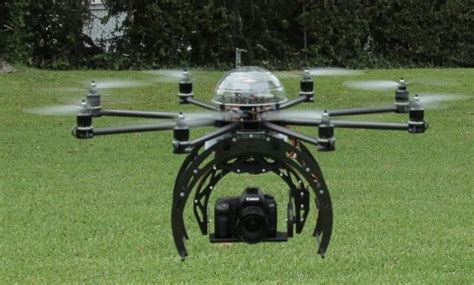In our ever-evolving technological landscape, the rise of **drone surveillance** by law enforcement agencies is a development that cannot be ignored. The widespread adoption of drones for public safety applications brings to the forefront a spectrum of opinions, laws, and ethical considerations. As the public grows increasingly aware of their potential implications, discussions about privacy, civil liberties, and regulatory frameworks are crucial in understanding the true impact of this technology on society.
One of the primary justifications for the use of drones in law enforcement is the ability to provide critical intelligence without putting officers in harm’s way. For instance, drones can be deployed to violent crime scenes or during high-risk operations, potentially reducing officer injuries and fatalities. Furthermore, drones can offer a bird’s-eye view of crime scenes, providing a comprehensive understanding of the situation. However, this perceived advantage brings forth the question of whether it infringes upon citizens’ Fourth Amendment rights, which protect against unreasonable searches and seizures.
Commenters on platforms like Wired have expressed valid concerns regarding the normalization of privacy violations under the guise of public safety. The Fourth Amendment should, theoretically, act as a safeguard against random and unnecessary searches. Yet, critics argue that the proliferation of drone surveillance could lead to an erosion of these protections. **SoftTalker** pointed out that certain demographics, like the homeless, who are already marginalized, might find themselves subjected to deeper scrutiny, fostering an environment where these technologies are wielded as tools of control rather than safety.
The **


Leave a Reply